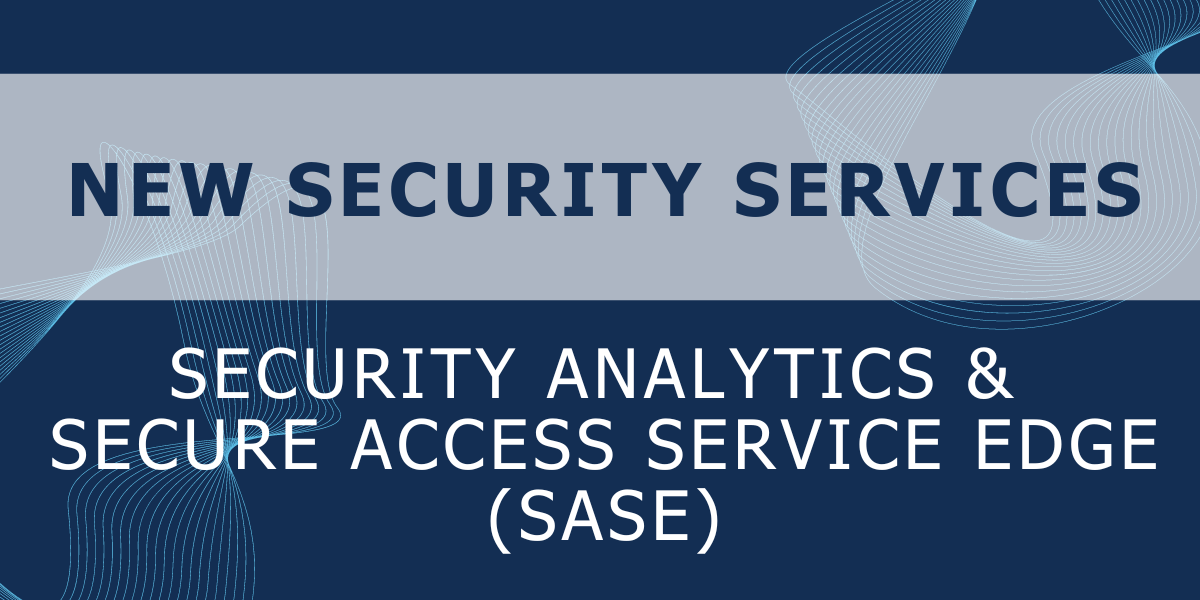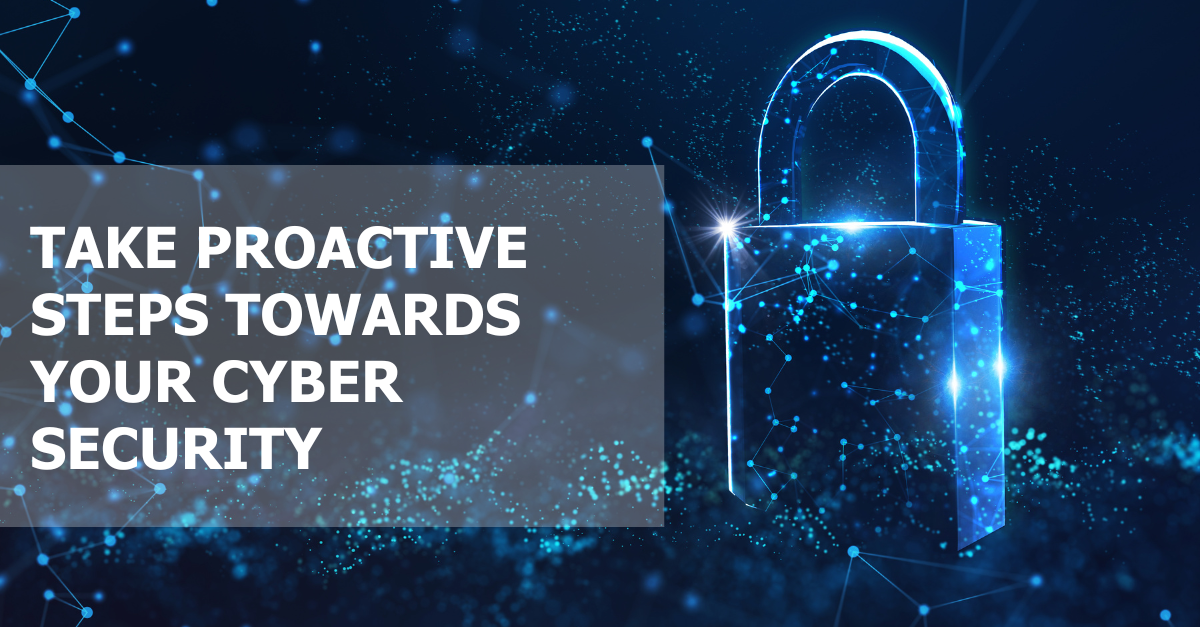Overwhelmed by the Amount of Security Offerings?
There are many cyber security offerings and best practices to choose from, but how do you know which ones are the best fit for YOUR organization? These numerous options can become exhausting and overwhelming, but don’t worry, Technium has your back!
Security for Your Size
1-50 employees:
- Firewalls are a vital part of any network security. Firewalls control network traffic within your organization and prevent unauthorized access to the information they protect. Without firewalls as a part of your security system, hackers with malicious intent can move freely through your network – accessing sensitive data instrumental to your organizational operations. By including firewalls in your cyber security plan, you can reduce the impact that network breaches have on your organization.
- Email banners are a simple, yet effective, tool when defending against phishing attacks. Phishing and other email scams can drastically impact your organization and lead to the theft of private information, lost revenue, and lost time. A recent survey from IDG Research found that a staggering 93% of survey respondents are increasingly concerned about the rise in phishing attacks. Your organization could use email banners to indicate if emails originated from internal or external sources. This differentiation can help employees determine what emails to trust, so your organization can spend less time recovering from malicious scams and get back to doing what you do best.
- Employee awareness training plays a crucial role in your organization’s cyber security. By implementing ongoing cyber security awareness training for all your organization’s employees, including C-suite level executives, you empower your employees with the knowledge to avoid cyber threats. Awareness training provides an additional opportunity for your employees to gain an understanding of the sensitive information they have access to, their importance to the organization, and what might happen should they be a target of cyber crime. If your organization conducts monthly cyber security awareness training for all levels of employees, your IT department can spend less time reacting to security risks and spend more time preventing them.
51-200 employees:
- Cyber Insurance is an insurance policy that helps organizations recover from cyber attacks. If your organization has an online presence, cyber insurance is for you. As online presence increases so does the risk of cyber crime. The United Nations reported that cyber crime has increased by 600% since the COVID-19 pandemic. By adopting a cyber insurance plan, you are ensuring that should your organization experience a network breach, the impact of the attack is minimized, and your organization’s recovery time is decreased.
- Regular software updating is imperative to any organization’s cyber security. Software updates ensure your organization continues to run smoothly by providing bug fixes, new and/or improved features, security updates, and more. Two of the most infamous cyber attacks, the 2017 Equifax and WannaCry cyberbreaches, were due to poor security measures. Had Equifax and the organizations affected by the WannaCry ransomware attack updated their software with the security patches released months before each breach occurred, hundreds of millions of people’s data may not have been stolen and exploited. Scheduling a recurring time during non-business hours to update your organization’s software may prevent you from being the next victim of a cyber attack.
- VPNs, also known as Virtual Private Networks, are an exceedingly important tool in an organization’s cyber security toolbelt. With the rise in remote working, employees can work from anywhere, including home, internet cafés, and other networks. This use of networks to access sensitive information is an opportunity for cyber attackers to get their hands on your organization’s data. VPNs allow your organization to secure your workers’ devices, so you can keep your data safe, and your workers happy.
200+ employees:
- Cloud rules are a necessity for any modern organization. According to a 2022 Statista report, at least 60% of corporate data is being stored in the cloud. As the use of cloud services has increased in recent years, so has the rate of cyber attacks. Cloud rules maintain that your organization’s cloud security is a shared responsibility, so it is important to gain an understanding of the rules to follow that will help keep your organization safe from cloud attacks.
- Multi-factor authentication is a key tool in any effective cyber security plan. During a time when anyone’s seemingly secure passwords can be found online, implementing an additional level of sign-in verification is necessary to protect your organization’s information from growing cyber threats. Multi-factor authentication is a verification method in which the user must provide at least two verification factors to gain access to secured resources. Should cyber criminals gain access to one or more of your employee’s passwords, and your organization does not have multi-factor authentication enabled, your organization’s data is free game. However, if your organization uses multi-factor authentication at every level, your data can rest easier, knowing it is more secure.
- Disaster recovery plans are critically important to organizations’ cyber security strategies. A disaster recovery plan consists of step-by-step processes that allow your organization’s IT department and resources to get back up and running as quickly as possible following a disaster. These processes, in tandem with your IT department, ensure a quicker recovery time, so your organization can get back to doing what they do best, sooner. As cyber crime increases in frequency and sophistication, the development and application of a recovery plan for cyber breaches and other disasters is essential. By implementing a disaster recovery plan, your organization can breathe easier.
No matter your size, you need to know where you currently stand.
Contact us for a Network & Security Assessment


.png)
